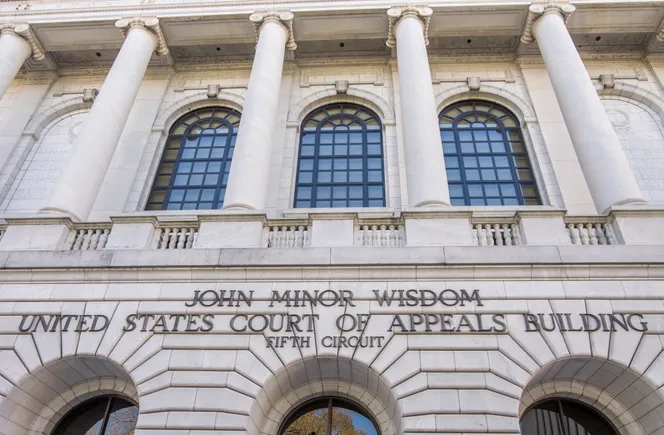Just 20 U.S. states require employers give workers paid time off to vote, and laws vary by state, according to research by the National Conference of State Legislatures, which represents legislatures in U.S. states, territories and commonwealths.
While there is no federal law requiring voting leave, in many states, workers who don’t have two consecutive hours off while polls are open must be given paid time off to vote. Some states specify that employers can require prior permission or determine which hours are used, while others explicitly state that workers must not be penalized for taking time off to vote.
But some employers, like Patagonia, go beyond what is legally required when it comes to Election Day.
Patagonia has closed its stores, offices and warehouses on Election Day since 2016 to give its largely retail-based workforce a paid day off to vote, but this year is instead shutting down on Oct. 29 for national Vote Early Day.
The effort began as a way to help empower workers to vote, but internal research has since shown that Patagonia’s employees are consistent voters, said J.J. Huggins, the company’s PR and communications manager and a project manager of Time to Vote.
“That was one of the reasons why we pivoted to asking people to not just vote but volunteer as well,” Huggins said.
Patagonia is teaming up with the League of Conservation Voters this year to offer its more than 2,000 workers opportunities to volunteer to canvass potential voters on what it’s calling Vote Early and Volunteer Day.
Patagonia also launched Time to Vote, alongside Levi Strauss & Co. and PayPal, in 2018. The initiative now involves more than 2,000 companies that have pledged to give workers time off to vote.
Time off to vote
Only 29% of U.S. adults said their company has a voting leave policy, according to the results of a survey by Brightmine, a provider of people data, analytics and insight, which were released Sept. 9.
Of the 2,000 people surveyed, 1,150 of whom were employed, only 28% said they have ever used voting time off to cast a ballot. Yet Brightmine research found that 31 states require employers to provide workers time off to vote.
Melissa Stein, legal editor for Brightmine, said companies can be at risk in various ways when it comes to voting leave.
“These legal requirements are law, just like other time off laws. Employers are making a mistake if they’re not keeping up with these laws, in terms of risk. If no law applies, I do think that the morale risk is a legitimate concern,” Stein said. Morale, she said, plays a role in retention, recruitment, productivity and in a company’s brand.
How to ensure employees can have time to vote will look different by company, Stein said. For many, offering schedule flexibility will best enable workers to vote and businesses to function, she said.
Starbucks, for example, offers flexible scheduling and for years has maintained FuelOurDemocracy.com, a resource page providing workers with information about voter registration, their voting rights and how to develop a voting plan.
“We encourage partners to have conversations with their managers to ensure they have the time they need and to create their own unique plan to vote in a way that works for their schedule. We also provide resources for partners including ride-share options, where allowed, to help them get to their polling place or ballot box on or before Election Day,” a company spokesperson recently told HR Dive.






Leave a Reply